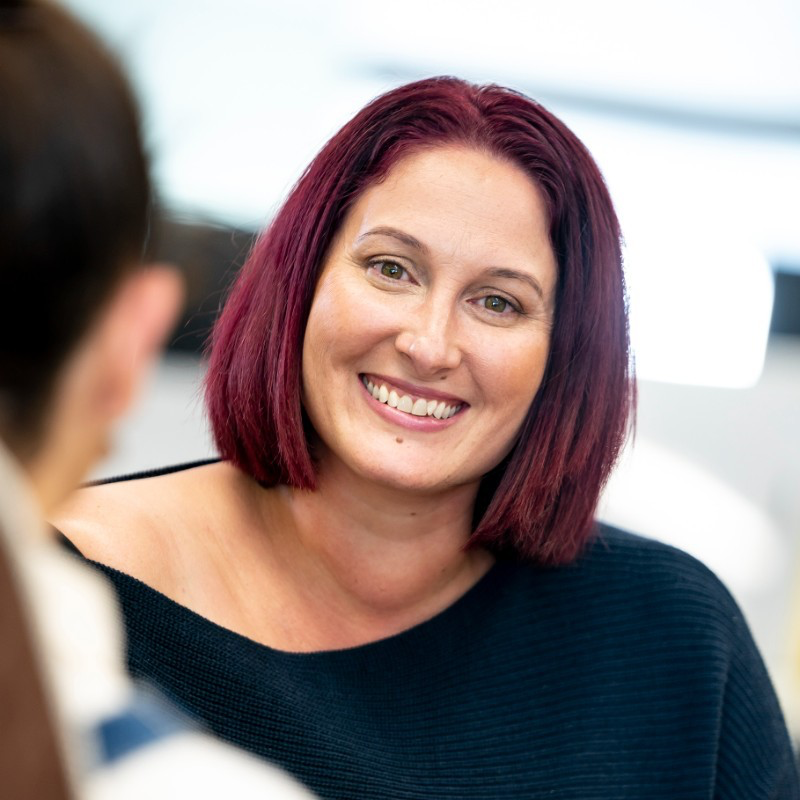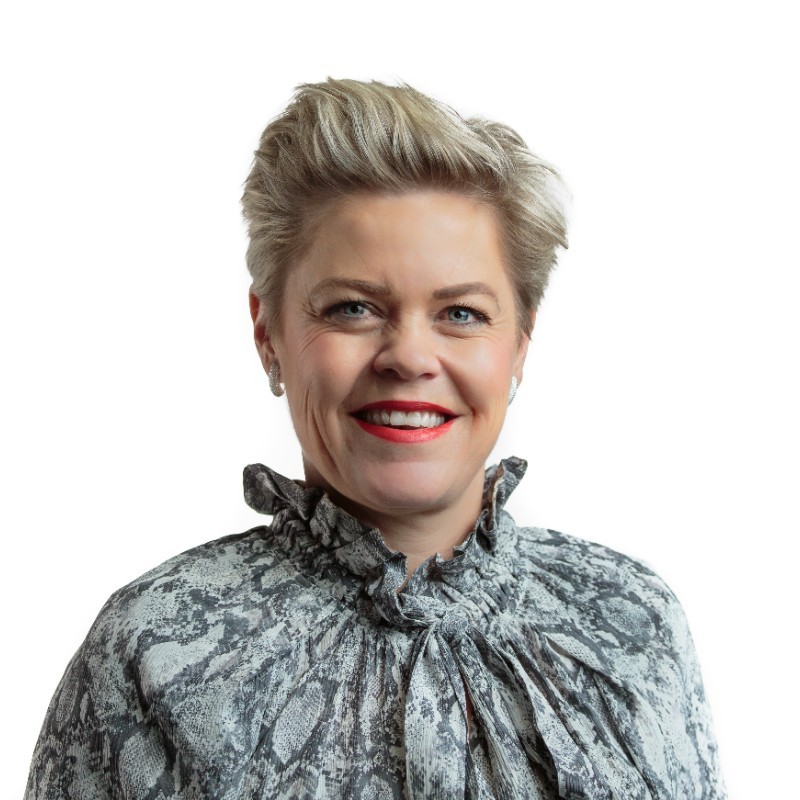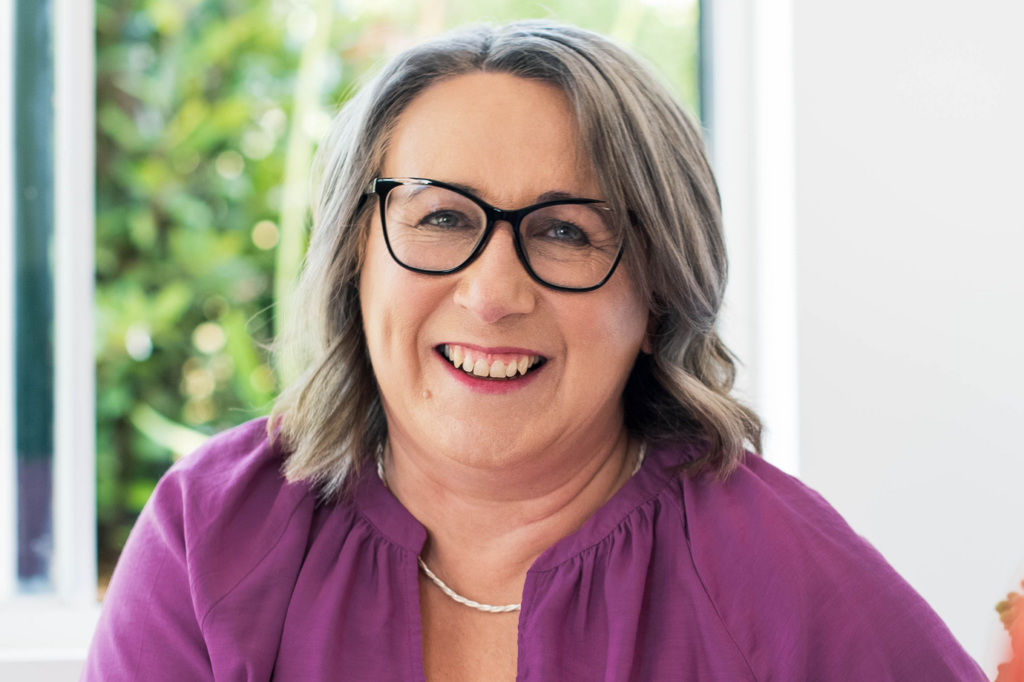Today is International Day of Persons with Disabilities (IDPD). It’s a day to promote the rights and wellbeing of those with disabilities and reflect on what we’re doing to make the world a more inclusive place.
But here’s the uncomfortable truth: for many Australians with disabilities, inclusion still feels like a lot of lip service.
Despite the progress in the last two to three decades, Australians with disabilities are still fighting uphill battles for access and opportunity. So, today, rather than patting ourselves on the back for what’s been achieved, we need to be honest. Are we doing enough? And if not, what’s stopping us?
Leaders in the disability sector like Kerry Kingham, Cheryl Drury and Chloe Kempe are crystal clear on one thing: change doesn’t come from just talking about it. It comes from consistent, practical, unapologetic action.
Inclusion or illusion?
Australia is a global leader in recognising the importance of support systems for people with disabilities. The National Disability Insurance Scheme (NDIS) in particular, has transformed lives by providing funding for essential services and giving individuals the tools to participate fully in society. Australia has also made strides in embracing disability rights and increasing the presence of inclusive public infrastructure. But is it truly delivering?
According to Chloe Kempe, CEO of SACARE, Australia hasn’t quite turned inclusion into a universal experience.
“Many communities, especially in regional areas, still face challenges in accessing resources,” says Kempe. “We need a collective push to normalise inclusivity, not just as an ideal but as a lived reality”.
Kerry Kingham, CEO of The Chooze Shop, agrees that while progress has certainly been made, many systemic challenges still remain. Simplifying NDIS processes, enhancing physical and digital accessibility and driving equity in employment are critical steps Australia must take, along with considering intersectional equity.
“People need to understand thatdisability intersects with other factors such as age, gender and cultural background and create policies that address these intersections to ensure no one is left behind”, said Kingham.
“Inclusivity is about more than just having a seat at the table. It’s about making sure the table works for everyone—and if it doesn’t, we’re ready to flip it over and build a better one.”
Cheryl Drury, Director of The Cliq Connection, likewise believes that while Australia is making progress, there’s plenty of room for improvement. “It’s hard to believe we’re still talking about inclusion as something to strive for, rather than something that just is,” Drury said.
“We’re seeing more conversations about disability rights and representation in media and leadership. But there’s still a way to go. Workplaces need to be more adaptable; communities need to be more accessible, and schools need to create environments where kids with disabilities can thrive socially and academically”.

NDIS simplification and online accessibility
According to Kingham, while the NDIS has been life-changing for many, it’s still an overwhelming maze for participants and carers. “From complex claiming processes, to a lack of integration between providers, navigating the system is daunting,” Kingham said.
Kerry and her team at The Chooze Shop are committed to removing barriers and empowering individuals with disabilities to live more independently. “We are taking the everyday frustrations of Australians with disabilities—confusing systems, inaccessible products, endless red tape—and replacing them with simple, empowering solutions,” says Kingham.
“We are simplifying claiming processes by offering consolidated invoices and integrated workflows for Agency, Plan and Self-Managed participants”.
Kerry also believes that many online platforms still fall short when it comes to providing user-friendly and accessible experiences for individuals with disabilities. To address this, The Chooze Shop is leveraging AI to build tools that ensure accessibility while innovating for the future of assistive technology.
Employment opportunities and social skills programs
Drury believes that while inclusive hiring practices are improving, individuals with disabilities continue to face barriers to meaningful employment. Australia must do more to incentivise businesses to adopt these practices.
“For people with disabilities, the reality is often a world that feels closed off—one where opportunities to build connections, find meaningful work, and simply feel a part of the community are out of reach”, says Drury.
“We want to break down barriers and make sure people with disabilities have the same opportunities as everyone else. Whether it’s education, employment, or just the chance to meet new people and form relationships, the goal is to create a society that truly includes everyone”, she continues.
“Loneliness is something we all feel at times, but for people with disabilities, it’s far too common. That’s why what we do at The Cliq Connection and our sister organisations, First Step Solutions and The Date-Ability Project, are just so important”.
Inclusion by design
Kempe believes that accessibility isn’t just a checkbox—it’s a cornerstone of inclusivity and dignity. Through ongoing partnership between SACARE and The Chooze Shop, Chloe revealed they are setting new standards for care, creating environments that empower individuals living with disabilities to lead more independent, meaningful lives.
“Our collaboration integrates The Chooze Shop’s innovative assistive technology and consumables into SACARE’s supported accommodations, enabling our clients to have greater control over their daily lives,” said Kempe.
“From adaptive tools that support mobility to consumables that simplify day-to-day tasks, this partnership ensures our living environments go beyond basic accessibility, delivering peace of mind.

And their vision doesn’t stop with homes. Together, SACARE and The Chooze Shop are making public spaces more inclusive too. “By providing our SACARE Carers Lounge, which includes a sensory room and purpose-built changing space at major events across SA, VIC, and QLD, we’re ensuring that people with sensory sensitivities and changing needs can enjoy these experiences with dignity and comfort”.
SACARE and The Chooze Shop’s partnership exemplifies what’s possible when innovation meets advocacy. Together, they’re not only meeting immediate needs, but also reshaping how accessibility is defined—opening doors for individuals to fully engage in all aspects of life.
Walking the talk: why women’s leadership matters
Inclusion starts at the top, and the disability support sector is uniquely positioned to lead. As Kingham points out, women hold a significant number of senior leadership roles in this space. That’s a rarity in many industries, but it’s also a responsibility.
“We have to set high standards and model them for everyone around us,” says Kingham. “It’s not enough to talk about inclusion—we have to live it, breathe it, and make it impossible to ignore.”
Drury, echoes this sentiment, calling for action over rhetoric. “We need to move beyond words and focus on action. It’s about creating a society where everyone belongs, feels valued, and has the chance to contribute. Change happens when we all step up.”
Kempe agrees, highlighting that meaningful change requires a collective effort.
“This International Day of Persons with Disabilities, we encourage businesses, policymakers, and communities to join us in pushing boundaries for inclusivity and innovation,” she says. “The fight for equity is everyone’s responsibility. Only together can we create a world where no one is left behind.”
Feature image: Kerry Kingham.


